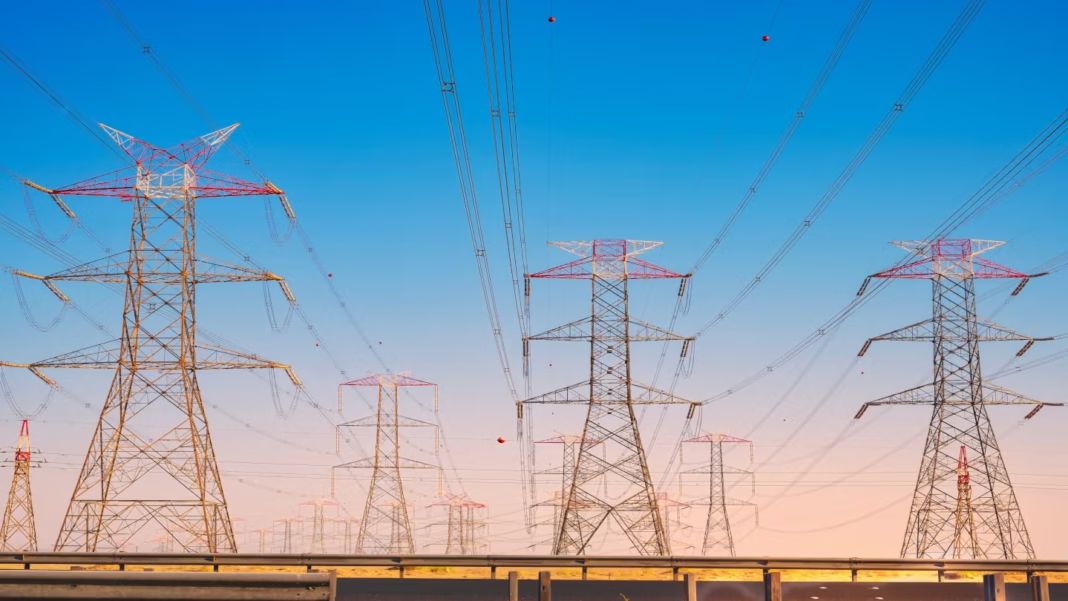Iraq continues to lead the region in electricity expansion, showing unmatched momentum in the Arab energy landscape. The country’s performance in Iraq electricity growth placed it at the forefront of Arab nations in 2024. According to recent data, Iraq recorded the highest increase in electricity generation across the region.
The country’s production rose to 169.5 terawatt-hours (TWh), up 14.9% from the previous year’s 147.1 TWh. This jump outpaced all other Arab countries and confirmed Iraq’s commitment to expanding its domestic energy output.
Meanwhile, Saudi Arabia remained the top overall generator, reaching 454.6 TWh, an increase of 5.6%. Egypt followed with 237.4 TWh, while the UAE reached 177.3 TWh, also posting a 5.5% rise. Although Iraq placed fourth in total output, its rapid growth stood out as the most significant among its peers.
Behind Iraq, Algeria generated 101.1 TWh, while Kuwait posted 89.5 TWh. Qatar followed with 58.7 TWh, and Oman recorded 48.5 TWh. Notably, Oman’s 7.3% growth marked the second-highest rate in the region. Morocco rounded out the group with 43.5 TWh.
This growth in Iraq electricity growth reflects Baghdad’s strong efforts to improve power infrastructure. The government continues to invest in grid modernization, new power stations, and local generation projects. These steps aim to reduce Iraq’s dependence on imported energy and meet the rising domestic demand.
As more people and industries require power, Iraq’s strategy focuses on building long-term energy independence. This push aligns with national development goals and promises greater reliability in electricity supply for citizens.
Globally, electricity generation reached 31,250 TWh in 2024, up from 29,960 TWh the year before. China contributed significantly, producing 10,080 TWh — nearly one-third of the global total.
Iraq’s standout performance in Iraq electricity growth sends a clear signal to regional players. The country is no longer just catching up but setting the pace for future development. As Iraq continues to rise, its energy transformation will be a key driver of its economic and industrial progress.


